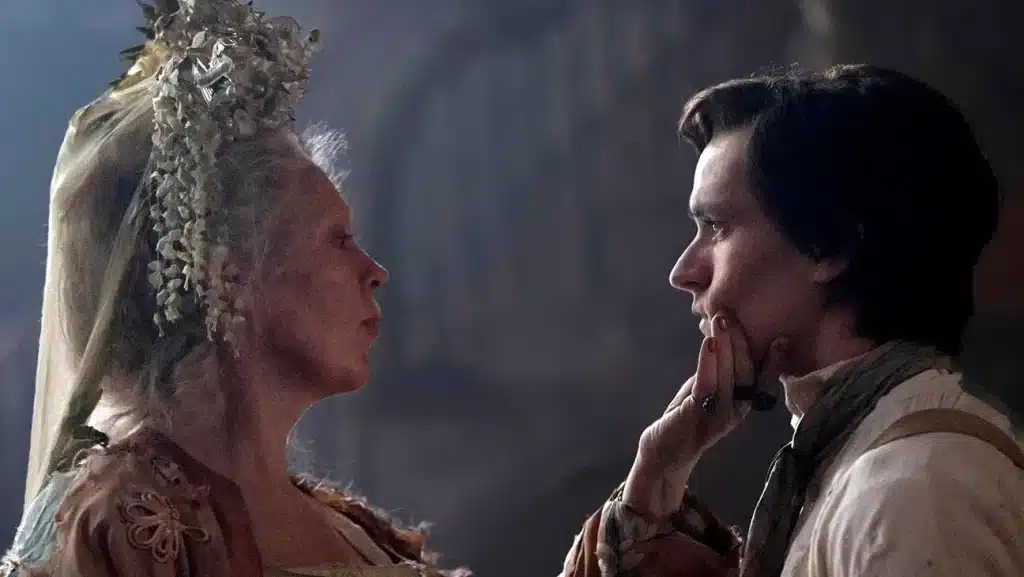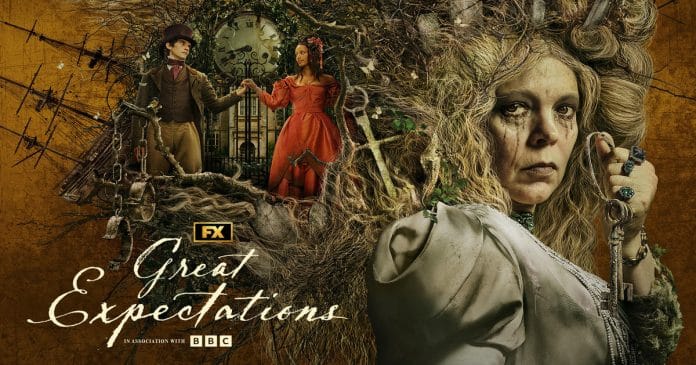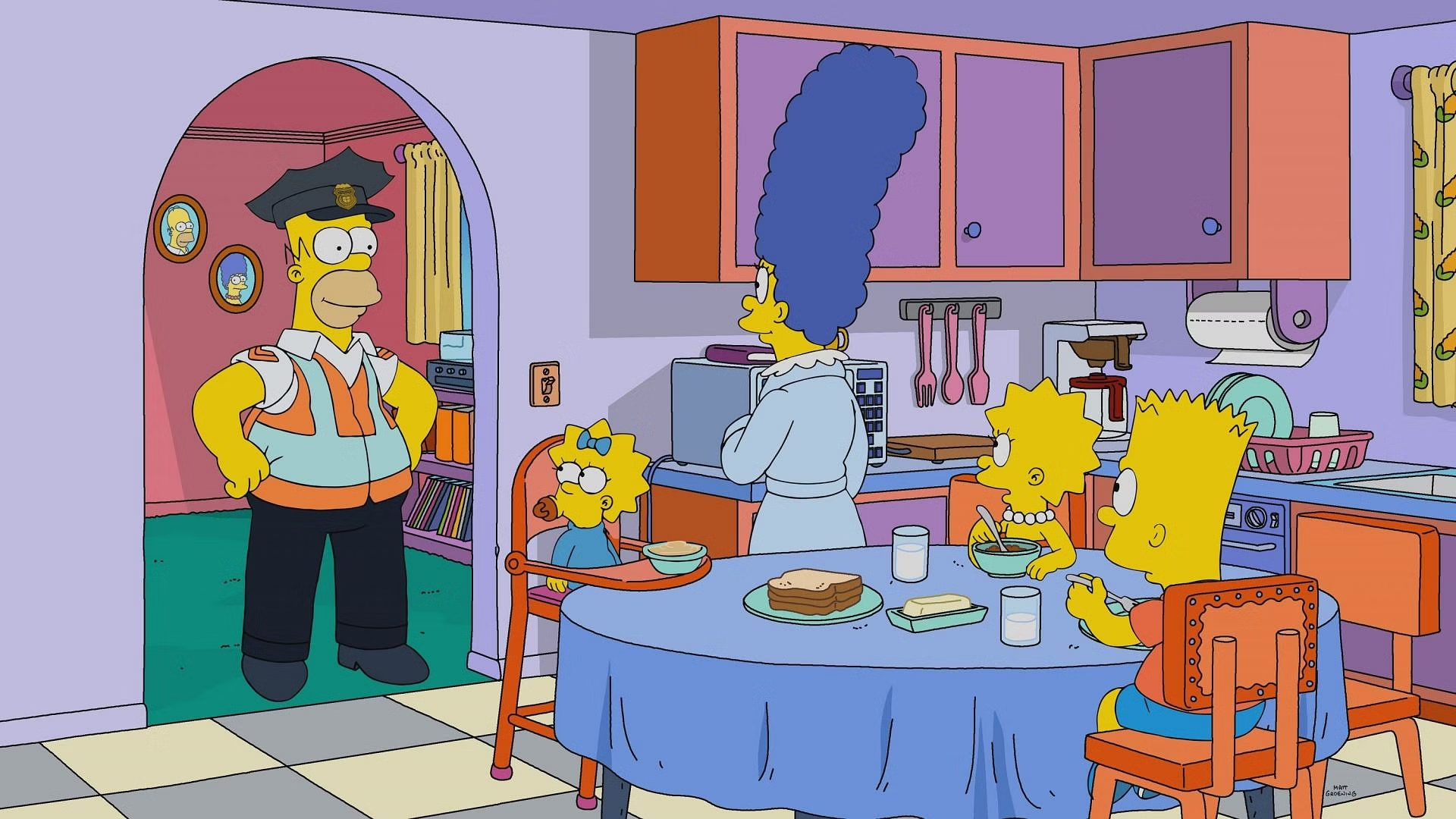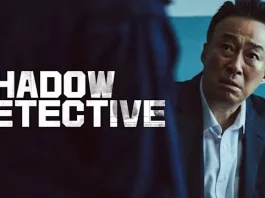Hulu’s “Great Expectations – “Great Expectations,” debuted on BBC One on March 26, 2023, followed by FX on Hulu the same day in America via FX on Hulu. A remarkable team of executive producers is involved with this ambitious venture – Steven Knight, Tom Hardy, Ridley Scott, Dean Baker, David W Zucker, and Kate Crowe, among them – plus directors Brady Hood and Samira Radsi, who join as directors too. Produced collaboratively by FX Productions, BBC Worldwide, Scott Free, and Hardy Son & Baker, whether or not this story is based on actual events? Here is all you need to know!

What is the series “Great Expectations” based on?
Charles Dickens’ iconic novel “Great Expectations” began as a series of weekly installments in December 1860 and eventually came together into one publication in 1861. This groundbreaking work of English literature has been lauded for its poignant explorations of social class disparities, inspiring generations of writers to write honestly and passionately.
Charles Dickens often incorporated elements from his own life into the characters he created. Miss Havisham, for instance, may have been inspired by a particular Parisian duchess, while Ellen Ternan – Dickens’ personal, romantic partner – served as inspiration for Estella (Shalom Brune-Franklin). Additionally, Miss Havisham’s (Olivia Colman) Satis House bears a striking resemblance to Restoration House in Rochester, Kent – an Elizabethan mansion built during Dickens’ lifetime.
Over the years, various adaptations of “Great Expectations” have been produced for television. Steven Knight, who brought Dickens’ “A Christmas Carol” to BBC in 2019, believes that these stories remain timeless due to their explorations of timeless issues and human experiences. As he adapts the novel for modern readers, Knight incorporates his signature style by delving deeper into topics such as sexuality, criminality, and resistance against authority, which Charles Dickens could not explicitly discuss during his era.
Steven Knight has often imagined what Dickens might have written if he were allowed to express the true nature of London without constraints. Although Dickens occasionally alluded to its darker aspects in his novels, he never delved into these shadowy areas. Therefore, Knight hopes to explore those depths with his adaptation, making the story more contemporary and relatable for viewers by considering how Dickens might have handled such subjects had he been allowed more freedom in exploring the darker territory.
Steven Knight feels a personal affinity for Pip (Fionn Whitehead), which informs his adaptation. Like Pip, who is the son of a blacksmith and farrier, Knight also hails from an entrepreneurial family background. Pip’s quest to transcend his upbringing and become a gentleman resonates with Knight’s own experiences; as someone who spent much of his youth not attending school but instead shoeing horses in scrapyards or riding stables where he met many interesting people; Knight can relate to Pip’s subconscious battle against social expectations that dictate one’s life based on one’s birth and background.
Steven Knight’s personal connection to Pip’s character allowed him to explore the intricate details of Pip’s journey, particularly his struggles of transcending social class and seeking acceptance in a different environment. Knight noted that drawing from one’s own experiences while extracting more significant messages creates more effective narratives.
Steven Knight faithfully translated “Mayhew’s London” for a modern audience, an era that has always captivated him. To accurately capture Pip’s lofty aspirations for social mobility and his involvement with Miss Havisham’s dark schemes, the story needed to embrace some darkness – something Knight was eager to explore.
With all this in mind, it becomes evident that “Great Expectations” is a work of fiction but incorporates elements of real-life experiences. Charles Dickens used the story to represent his society; Steven Knight’s adaptation offers a more personal interpretation while still touching upon timeless issues present in Dickens’ original work, underscoring its relevance even today.
You can stream “Great Expectations” episodes on Hulu.
Also Read: Is The Netflix’s ‘The Night Agent’ Worth Watching?




